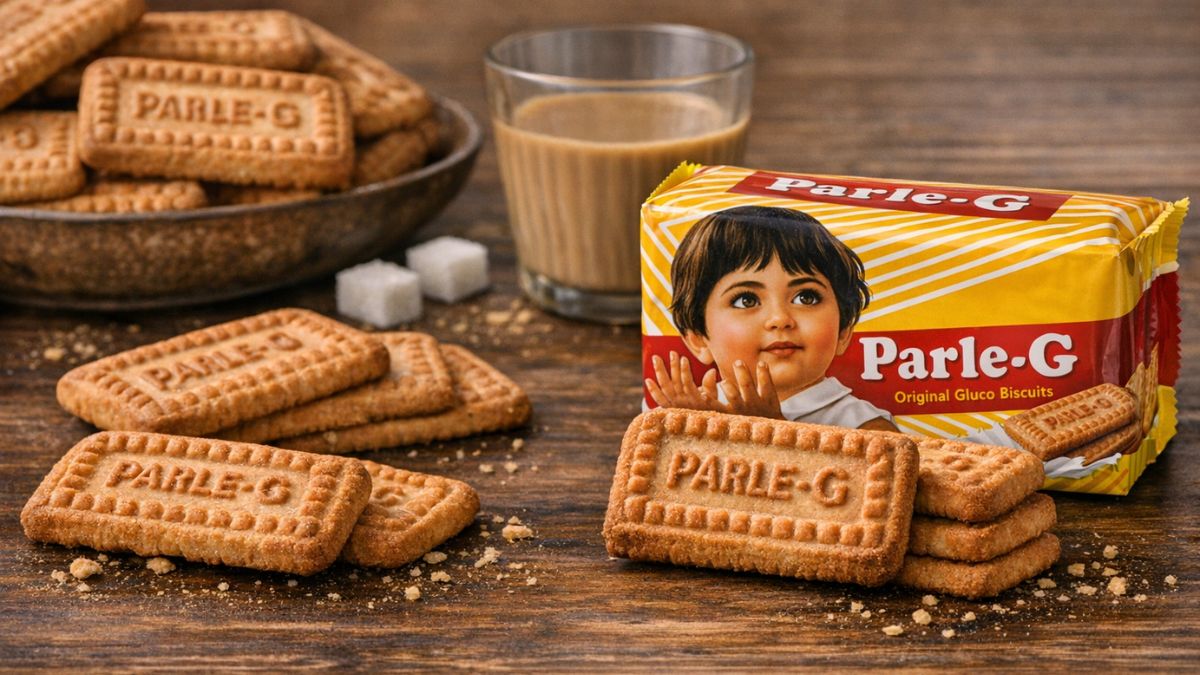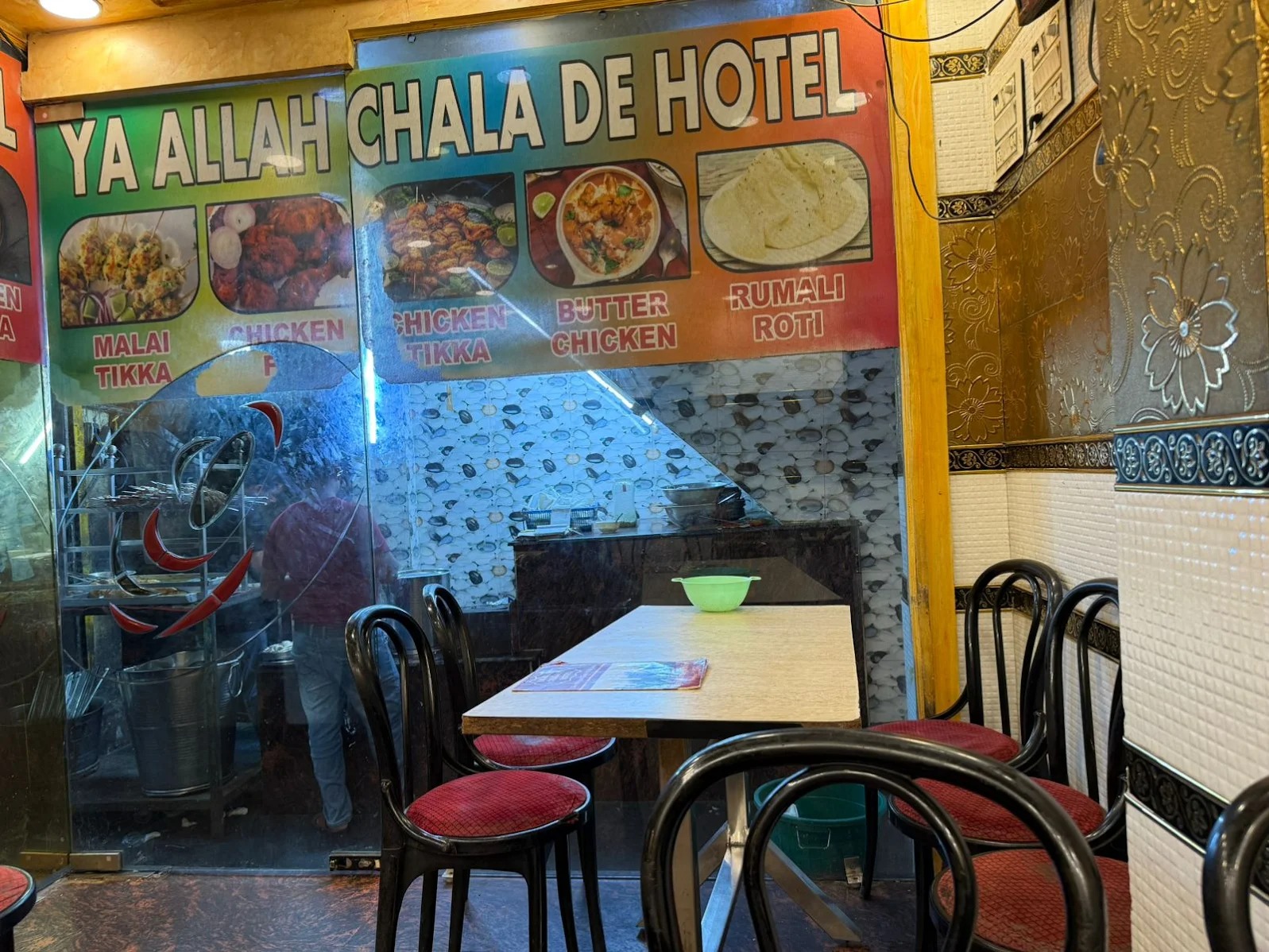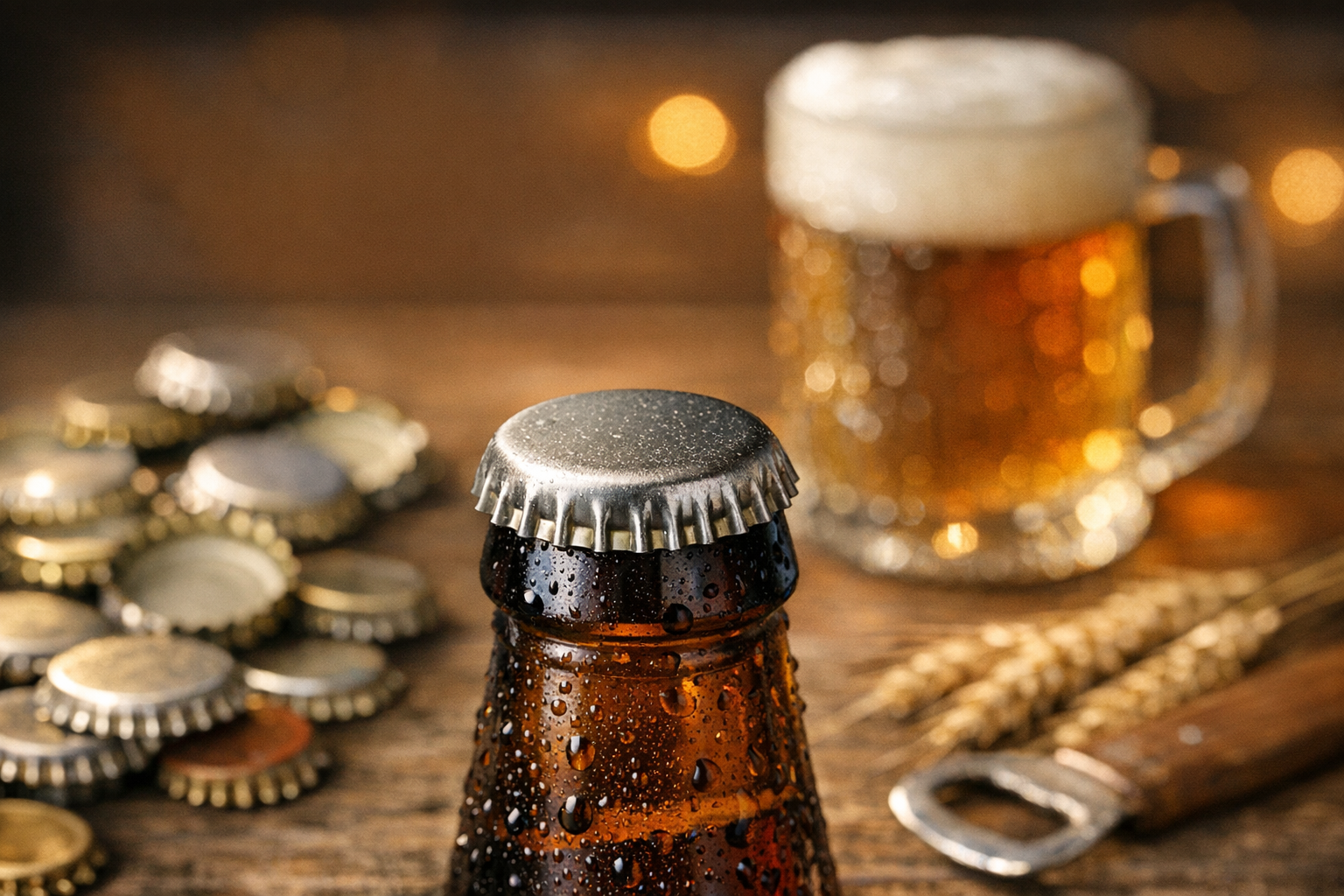Dunkin' Donuts strikes westward while southern Krispy Kreme makes a new attempt at expansion
There is a war going on in America, and the battleground is coffee.
The latest front was opened by Starbucks, which marched toward the higher market ground this week, opening a swanky cafe and "roastery", Starbucks Reserve, in its hometown of Seattle.
That move comes after Dunkin' Donuts - which has traditionally been a New England franchise - began advancing west, opening its first three locations in southern California to fevered anticipation in September.
When a Dunkin' Donuts' store on Santa Monica boulevard in Los Angeles opened its doors on 2 September, 200 people lined up outside at 5am.
Dunkin' Donuts, McDonald's and Starbucks have been jostling for position and market share for several years already, but the battle is escalating fast - and with Burger King having bought Tim Hortons, the iconic Canadian coffee chain, for $11bn in September, that pace will likely accelerate.
The war is fought on several fronts. First, geographic: Dunkin' Donuts is traditionally based in New England but is aggressively expanding south and west. Krispy Kreme is from the South; its first attempt at expansion failed miserably, but a new one is underway. Starbucks started in Seattle, but, like McDonald's, it is now ubiquitous, with market penetration pretty evenly spread across the US.
The second front involves customer habits. The breakfast market in fast food is dominated by McDonald's, which introduced the Egg McMuffin sandwich in the early 1970s. Dunkin' Donuts has positioned itself much more as a place to go for coffee-as-fuel, while Starbucks controls the destination coffeehouse - a place to go to work and socialise.
As demographics change, habits and tastes change, too. "Coffee is associated with rites of passage," said Ric Rhinehart, the executive director of the Specialty Coffee Association of America. He said that the millennial generation is in the act of overtaking the Baby Boomers as the leading demographic force. "They're the generation that grew up with Starbucks, and that has dramatically changed their outlook on coffee," he said.
"If I ask my mother how much coffee costs, she says 60 cents a can," he said. "My 20-something children say a couple of dollars a cup. That's a fundamental difference in the unit of measure; how they view coffee, how it's consumed."
Coffee is a habit-forming substance, and part of the reason for this war is that once a consumer has formed a habit with a certain brand, they often remain fiercely loyal to it. According to an article at TheStreet.com, 35% of transactions at Starbucks are through the company's loyalty card system. But different socioeconomic groups and generations have different ingrained habits and ingrained taste preferences. Starbucks and Dunkin' Donuts each boast blocs of loyal consumers, and they are each trying to steal from the other.
Starbucks launched the Pike Place blend, a lighter roast which tastes more like Dunkin' Donuts' style of coffee, in 2008; this summer, Dunkin' launched a new, more luxurious dark roast to compete with Starbucks' style. Starbucks is also launching small, express-style outlets - forming not only an incursion into Dunkin's coffee-as-fuel market, but also a foray into the McDonald's express breakfast market, which is the same share that Burger King/Tim Hortons will be looking to consolidate.
According to the National Coffee Association of America's National Coffee Drinking Trends study, 61% of Americans over 18 now drink coffee daily; that is nearly 200m people. The Specialty Coffee Association of America estimates that the US coffee market is now worth between $30bn and $32bn dollars. That's a huge prize.
For the moment, though, the superpower in the world of American coffee remains Starbucks, with revenues of more than $13bn and 10,924 locations in the US. Dunkin' Donuts has just over 7,000 stores in the US, and is especially strong in the northeast and New England, particularly in Boston. But in terms of sales, Starbucks leaves everyone else in the dust: it has 32.8% of the US market share, more than double that of Dunkin' Donuts, which has 16.1%.
But those figures don't include McDonald's, and the fast food industry has begun to threaten Starbucks' dominance.
For a long time, says Bryant Simon, the director of American Studies at Temple University and author of Everything but the Coffee: Learning about America from Starbucks, Starbucks differentiated itself not with its product, but with its class appeal. In the US, a cup of coffee used to carry with it a certain kind of working-class identity; by importing the European concept of the coffee shop, Starbucks changed that. "Starbucks presented itself as a kind of aspirational brand, a brand of the upper-middle class, or the creative class," he said.
Meanwhile, Dunkin' Donuts retained its working-class image. "Dunkin' actually ran ads making this point," said Simon. "They said 'America runs on Dunkin''', and they used working people in the ads to try and associate themselves with this fundamental blue-collar vision of America."
"Starbucks would never run an ad like that," he added.
By the time the 2008 economic crisis hit, however, Starbucks' aura had started to fade. "It sort of fell, and came into competition with McDonald's," Simon said. People were using McDonalds and Starbucks the same way: to get their caffeine fix.
McDonald's has 14,157 locations in the US alone and 1,400 more in Canada, and it is the clear leader in the breakfast market, with more than 30% of the share. Burger King has just 7,436 stores in the US and Canada combined, and Tim Hortons, which opened its first restaurant on US soil in 1984, has just over 800 in the US and 4,288 worldwide, of which most are in Canada. Together, they are still not enough to threaten the dominance of either McDonald's or Starbucks - but their combination is an aggressive move against both.
"In Canada, Tim Hortons has been the coffee king for a long time," Howard Behar, the former president of Starbucks, told the Guardian. "In terms of what they do, they were sort of like Dunkin' Donuts is in the northeast part of the United States."
He said that neither offers the coffee-house culture - the so-called 'third place,' somewhere to work and socialise - that Starbucks offers. "[But] it's an interesting play," he said. "Burger King must think Tim Hortons is something worth bringing into the US."
But there is one more big player in the market: a German conglomerate called Joh A Benckiser. Originally a giant in the perfumes and beauty products market, the company is perhaps an unlikely challenger. But it nonetheless joined the melee in 2012, purchasing the Peet's and Caribou coffee chains in California.
Those chains are tiny by Starbucks or Dunkin' Donuts' standards, but Benckiser also bought European coffee manufacturers DE Master Blenders the following year - which it merged in March of this year with another manufacturer, Mondelez, to create the second-largest coffee-blender after Nestle.
Nonetheless, the fast food world desperately wants in on that coffee money, especially when it comes to serving the habit-forming demographic. Simon told the Guardian that in Germany, McDonald's was investing heavily in its stores, using Starbucks as a model. "People were using it in similar ways that they use Starbucks," he said. "I think upgrading the stores is probably something on the horizon in the US."
Even Krispy Kreme - an early casualty in the coffee wars: its shares plummeted between 2003 and 2005 after its big expansion failed to take - is attempting a comeback, backed by an equity investment from Kuwait's wealthy Al Kharafi family. According to Businessweek, it hopes to nearly double its stores in the US to 400 and have a further 900 overseas by 2017.
Thompson sees two reliable truths: "When you walk down mid-town Manhattan, you see the machinery of modern American life," he said. "The machines are fuelled by a black tarry substance known as petroleum - and the people are fuelled by a black tarry substance known as coffee."
"If you were to ask me in 50 years, would the landscape still be peppered with Starbucks, I wouldn't want to bet what's left of my retirement fund." He is certain, however, that there will be somewhere to buy coffee.
"Oh, yes," he said. "I don't think coffee is going to go away."
Starbucks is facing an array of rivals in America's coffee wars. Photograph: Eric Thayer/Reuters









